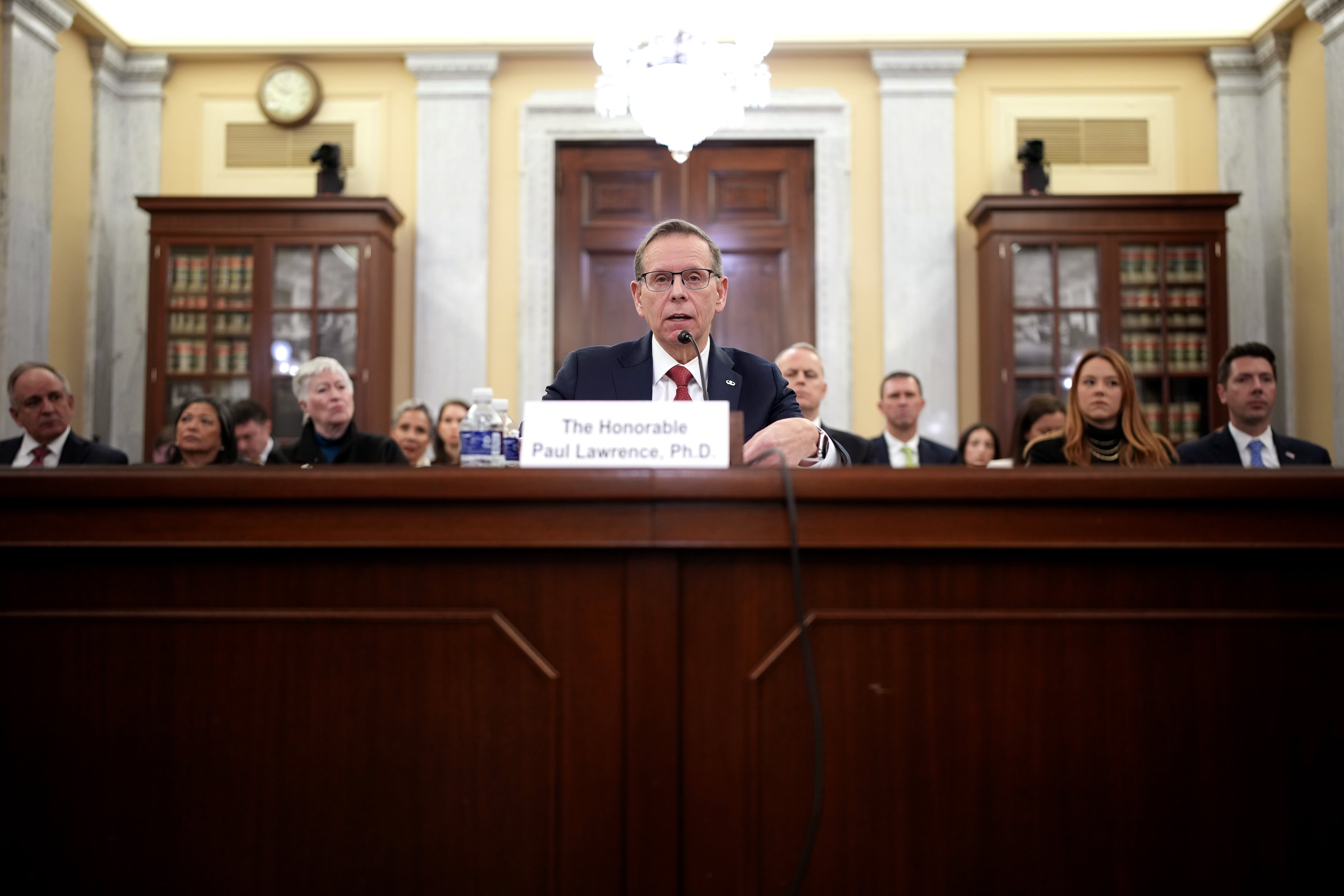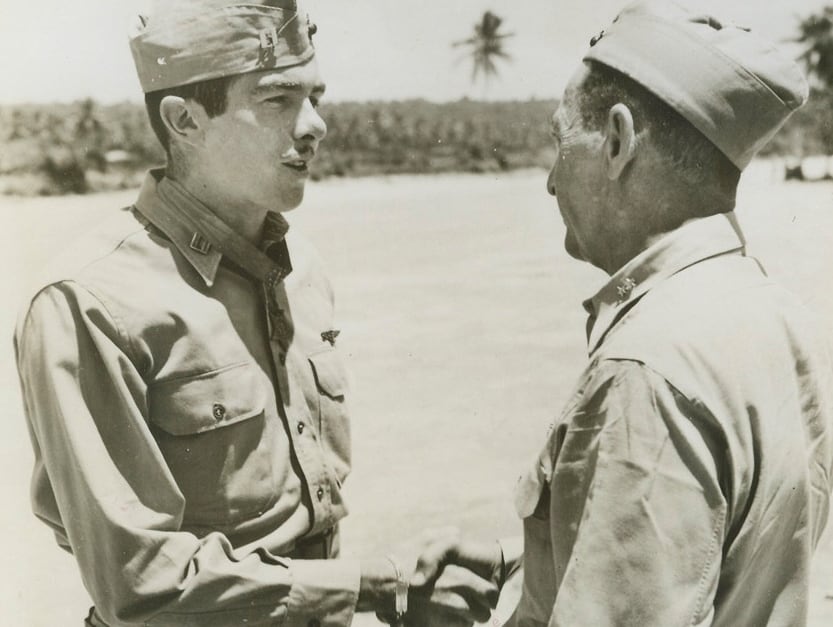U.S. and South Korean officials have been haggling for months on a new cost-sharing ratio for U.S. troops stationed on the Korean Peninsula. While President Donald Trump’s initial demand that Seoul increase its share by 400 percent is no longer on the table, the administration continues to press the South for a hefty contribution. If a deal is not reached by April, as many as 9,000 South Koreans working on U.S. military bases could be out of a job. U.S. Forces Korea has already issued the customary 30-day furlough notice to these South Korean employees, an ominous sign that talks are not making much progress. U.S. Secretary of Defense Mark Esper and South Korean Defense Minister Kyeong-doo Jeong discussed the issue during a meeting at the Pentagon last week.
Trump has been consistent in his desire to get more out of Washington’s partnerships and alliances. He has been adamant that other nations need to accept primary responsibility for their own national defense and stop expecting the United States to bail them out. This is not a phenomenon exclusive to Trump; U.S. presidents as far back as Dwight D. Eisenhower have been frustrated by the unwillingness of their partners to spend what they need to spend on their militaries. Trump’s hardball tactic with South Korea is just the latest chapter in this story.
Capable security partners, however, are not exclusively about dollars and cents, but more importantly about taking the initiative. Embracing more responsibility for one’s own security is what burden sharing is all about. The White House, however, is concentrating too much on money and too little on what burden-sharing is really all about: encouraging foreign nations to stop relying on Washington as their primary security blanket.
Compared to the majority of NATO member states, South Korea is actually one of the better examples of a country both planning to improve its military power and executing on those plans. In conjunction with Moon Jae-in’s attempt to revitalize Seoul’s relationship with North Korea, the South Korean president has spent his tenure investing in the very capabilities that are required to defend the South from a variety of external threats. Seoul’s defense expenditures rose by over 7 percent in 2018 and is set for an annual 7.5 percent increase between 2019-2023. All of that money, an additional $239 billion over five years, will buy a significant amount of military technology, ISR, and new acquisitions. The South’s favorite line-item is the F-35 joint strike fighter. Seoul agreed to purchase another 20 jets for its fleet last year. This procurement decision was on top of the $6.4 billion purchase of 40 F-35s in 2014, the first of which were sent to the South in 2019.
The South Korean Air Force is not the only branch of the armed services getting a makeover. Seoul’s five-year defense plan includes the development of an aircraft carrier light and agile enough to station F-35s, surveillance drones, and helicopters. Plans for the construction of aegis-equipped destroyers and next-generation submarines are now in progress and scheduled for deployment in 2028.
But the most visible demonstration of South Korea’s shift towards burden-sharing is the expansion of its anti-piracy mission stretching from the Horn of Africa to the Persian Gulf, where the mission consists of reconnaissance and deterrence. While the hardware deployed to the region is limited to a destroyer and a helicopter, the fact Seoul is now unilaterally protecting South Korean tankers is notable and shouldn’t be written off. South Korea imports 70 percent of its oil supplies from the Persian Gulf; who better to safeguard those supplies than the South Koreans themselves?
Should South Korea contribute more monetarily to the basing of U.S. troops on its soil? Yes, they should. And indeed they will; any agreement on cost-sharing is highly likely to include higher figures on Seoul’s side. Washington wouldn’t sign an agreement otherwise.
But how much money Washington manages to squeeze out of the South Korean government is not the most important factor here. Nor is it necessarily indicative of the burden sharing goals President Trump rightly aims to achieve. No amount of South Korean cash to the U.S. Treasury will make a difference if the security roles and responsibilities are left unchanged.
U.S. national security is enhanced when its partners around the world are not only willing to spend their own resources on the right military capabilities, but are also willing to serve as the first-line of defense for their people.
Washington should spend less time on who pays what and more time working to ensure that its security partners in East Asia build their A2/AD capabilities and that complete the transfer of wartime operational control to South Korea on schedule.
Daniel R. DePetris is a fellow at Defense Priorities and a columnist at the Washington Examiner.
Editor’s note: This is an Op-Ed and as such, the opinions expressed are those of the author. If you would like to respond, or have an editorial of your own you would like to submit, please contact Military Times managing editor Howard Altman, haltman@militarytimes.com.





